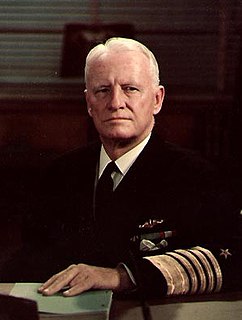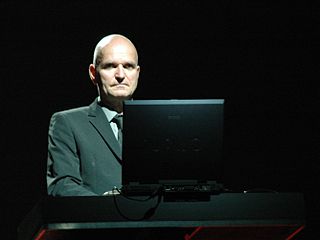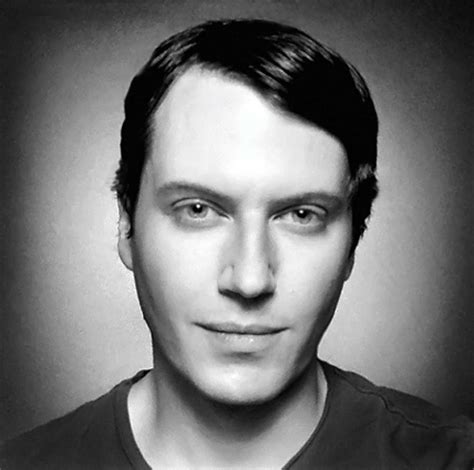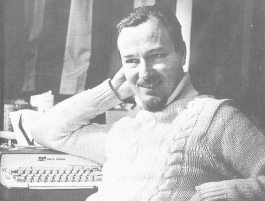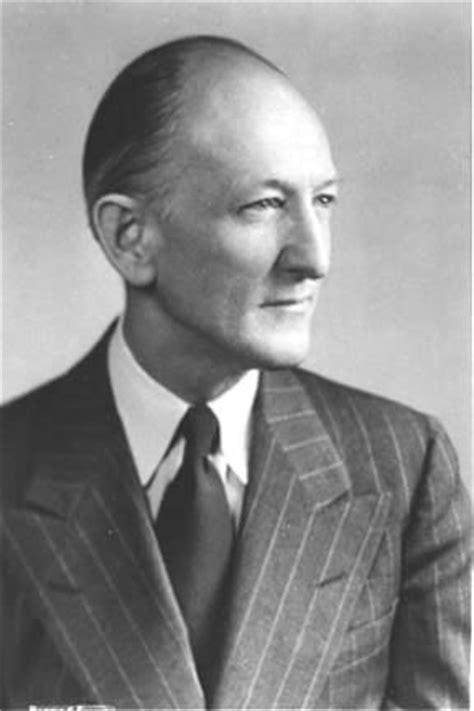A Quote by Donna J. Haraway
Our machines are disturbingly lively, and we ourselves frighteningly inert.
Related Quotes
Late twentieth-century machines have made thoroughly ambiguous the difference between natural and artificial, mind and body, self-developing and externally designed, and many other distinctions that used to apply to organisms and machines. Our machines are disturbingly lively, and we ourselves frighteningly inert.
We are afraid of ourselves and our own unconscious minds. When we are building something that reflects us, it's the one thing we're all afraid to face. We're afraid to face ourselves. Building machines that mirror our consciousness is a very frightening proposition because we have seen how evil people can be.
We've been slaves to our tools since the first caveman made the first knife to help him get his supper. After that there was no going back, and we built till our machines were ten million times more powerful than ourselves.
We gave ourselves cars when we might have learned to run; we made airplanes when we might have grown wings; and then the inevitable. We made a machine our God.
If, on the other hand, we wish to describe a particular phenomenon without repressing our direct experience, then we cannot avoid speaking of the phenomenon as an active, animate entity with which we find ourselves engaged. To the sensing body, no thing presents itself as utterly passive or inert. Only by affirming the animateness of perceived things do we allow our words to emerge directly from the depths of our ongoing reciprocity with the world.
Without you, without your onslaughts, without your uprootings of us, we should remain all our lives inert, stagnant, puerile, ignorant both of ourselves and of God. You who batter us and then dress our wounds, you who resist us and yield to us, you who wreck and build, you who shackle and liberate, the sap of our souls, the hand of God, the flesh of Christ: it is you, matter, that I bless.

